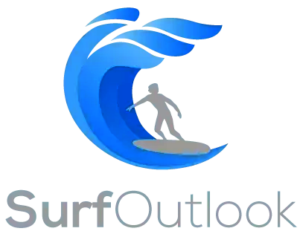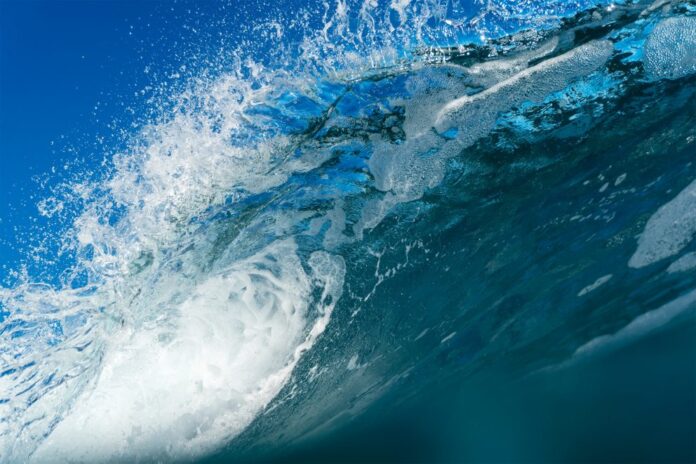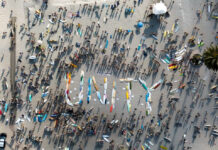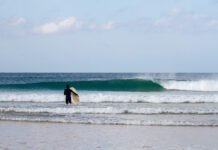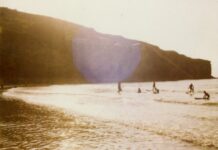One recurring notion in the study is that surfers are often “intuitively ocean literate”, that they develop ocean literacy unconsciously through the practice of surfing. At the same time, one of the purposes of ocean literacy is to be aware of these intuitions and use them consciously to make more informed decisions. In this sense, how can surfers begin to tap into this knowledge for a greater good?
We touched upon this in the paper, but there was not enough scope to go into it. My MSc dissertation went into it in detail, however: systems thinking. Dorothy and I have also produced another paper about using the social-ecological systems framework to analyse the interactions and outcomes that take place in surf ecosystems.
Surfers are already systems thinkers because they are constantly interpreting data from the wind, swell, tide, bathymetry, line up etc. and adapting their behaviour to have the most successful experience. They are part of the bigger system, but they know the system with the most power is the ocean. And when we become single minded, focussed, relaxed and in a state of “flow” we can harness this power (for benefits like barrels!).
Using systems thinking in every part of our life can help us live with more awareness of the inter-connections and patterns that exist. Feeling connected to nature and to others is an implicit part of mental health and well-being. Therefore, surfing doesn’t have to stop when we leave the water – we can continue to be present, kind, calm, alert, and live in harmony with nature’s cycles and employ the learning found in the surf elsewhere. Responding to criticality/crisis with mindfulness and compassion (rather than fear, anger or reactivity) and taking responsibility for the choices we do make, are two things that come up in surfing again and again, and are pretty important life lessons too.
The paper also talks about how, due to their intrinsic connection with the coastal ecosystems where they surf, the more ocean literate surfers and surf tribes are, the more they could play a determinant role in policymaking. How do you see this ocean literacy–surfers–government triad developing in the near future?
Obviously there are some incredible organisations already working extremely hard in this area: Surfers For Climate and Save the Waves, in particular. Inter, trans, and multi-disciplinary networks between science-policy-public are developing with the help of social media and a more environmentally informed society – people are actually starting to talk to and support each other (across sectors!) – check out SOPHIE (Seas, Oceans & Public Health in Europe).
With ocean literacy in mind, I am currently developing a project that works specifically with surf research, surfing citizen scientists and ocean policy, joining other more established surf researchers in this field. Using the UN’s Decade of Ocean Science as a platform to build momentum, we have now been endorsed as an official activity, and the next step is to build partnerships with local communities to make sure they are part of the wider vision to collect ocean scientific data.
Ocean stewardship and citizen science have been hailed as the next step after ocean literacy in this public-education-policy nexus, and with the development on methodology such as Smartfin, manta trawls, and EDNA I’m excited to start engaging with surfing citizen science in my next research project.
